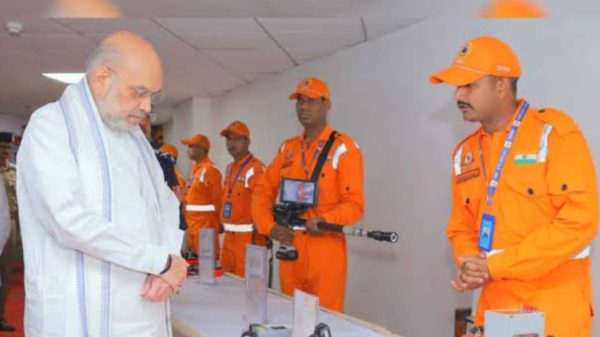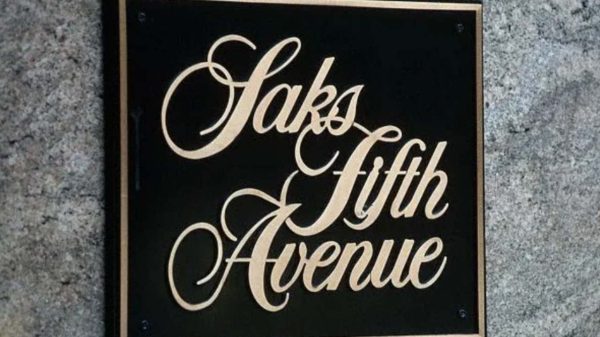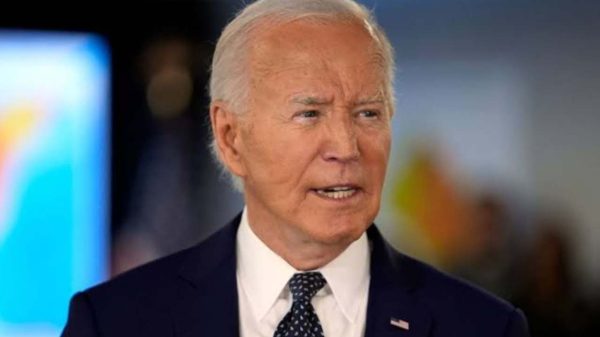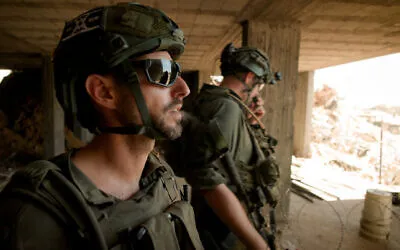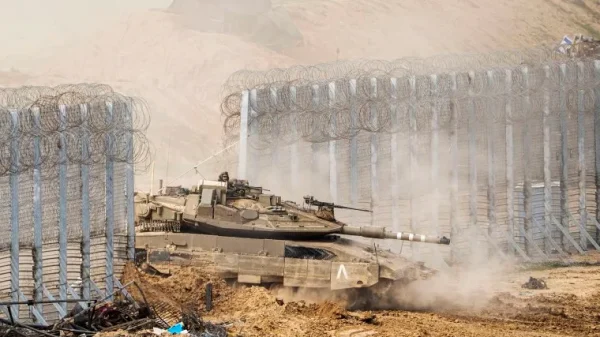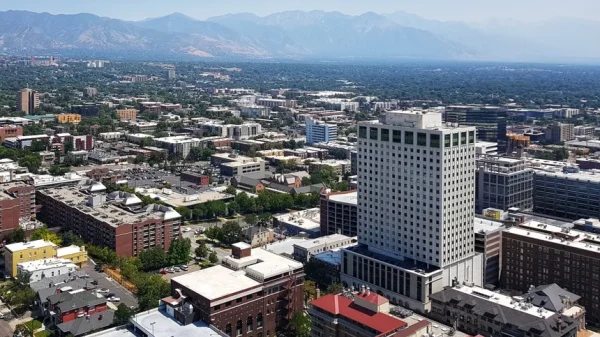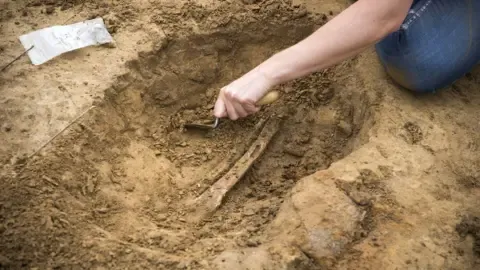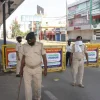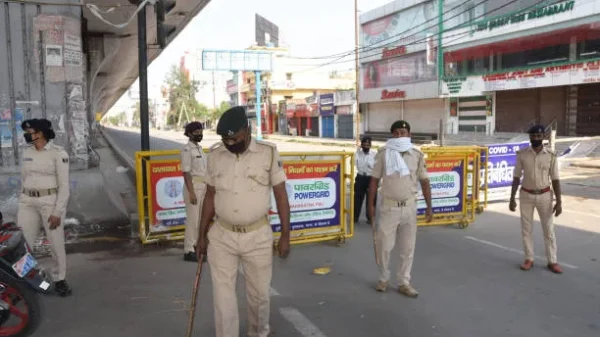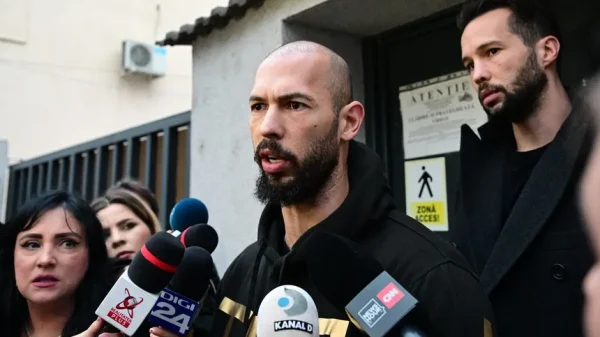Archaeologists have long been fascinated by the Battle of Waterloo, a pivotal conflict that took place in June 1815, and its devastating aftermath. The battle, which occurred in the province of Walloon Brabant in Belgium, resulted in the deaths of 20,000 men, leaving behind a legacy of mystery surrounding their fate. The battle has been the subject of much speculation and debate, with many questions remaining unanswered about the fate of the fallen warriors.
In recent years, archaeologists have made significant strides in uncovering the secrets of the battle, with the latest excavation at the site of a former field hospital at Mont-Saint-Jean farm set to shed new light on the tragedy. The 2022 excavation at Mont-Saint-Jean farm was a groundbreaking discovery, yielding the rare find of horses that had been executed and buried alongside human skeletons. The presence of amputated limbs of wounded men and the skeletons of three horses was a poignant reminder of the brutal consequences of the battle.
Historical evidence suggests that many of the skeletons found on the battlefield were later dug up and used as fertilizer or in the production of sugar, a grim fate that was all the more tragic given the horrific circumstances in which the men had died. The rarity of discovering skeletons on the battlefield provides a poignant reminder of the human cost of war. The upcoming excavation at Mont-Saint-Jean farm aims to build upon the discoveries made in 2022 and uncover the full extent of the burial pit.
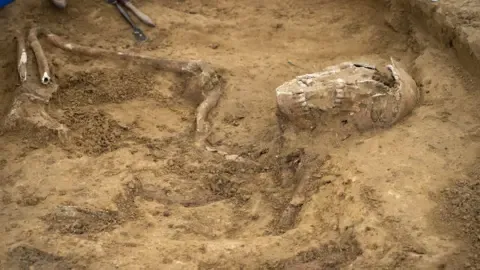
New Excavation at Mont-Saint-Jean Farm Sheds Light on Battle’s Lost Warriors
Led by archaeologists from the University of Glasgow, the excavation will involve an international team of military veterans, serving personnel, archaeologists, and volunteers working together to uncover the secrets of the battle. Professor Tony Pollard, the project’s archaeological director, describes the site as “incredibly exciting,” highlighting the significance of the discovery of horses and humans buried alongside each other. The excavation is not only an opportunity to uncover new historical secrets but also provides a chance for military veterans and serving personnel to learn transferable archaeological skills, which can benefit them in their recovery and transition into civilian life.
Abigail Boyle, the project’s chief executive officer, emphasizes the importance of this aspect of the excavation, stating that it will provide pathways into education, employment, or simply enable veterans to enjoy archaeology as a hobby. This eagerly anticipated excavation is set to take place from September 3rd to 13th, promising to be a once-in-a-lifetime experience for those involved. As the team sets out to uncover the secrets of the Battle of Waterloo’s dead, they will be honored to be working on a site of such historical significance, ensuring that the legacy of the fallen warriors is preserved and honored.






